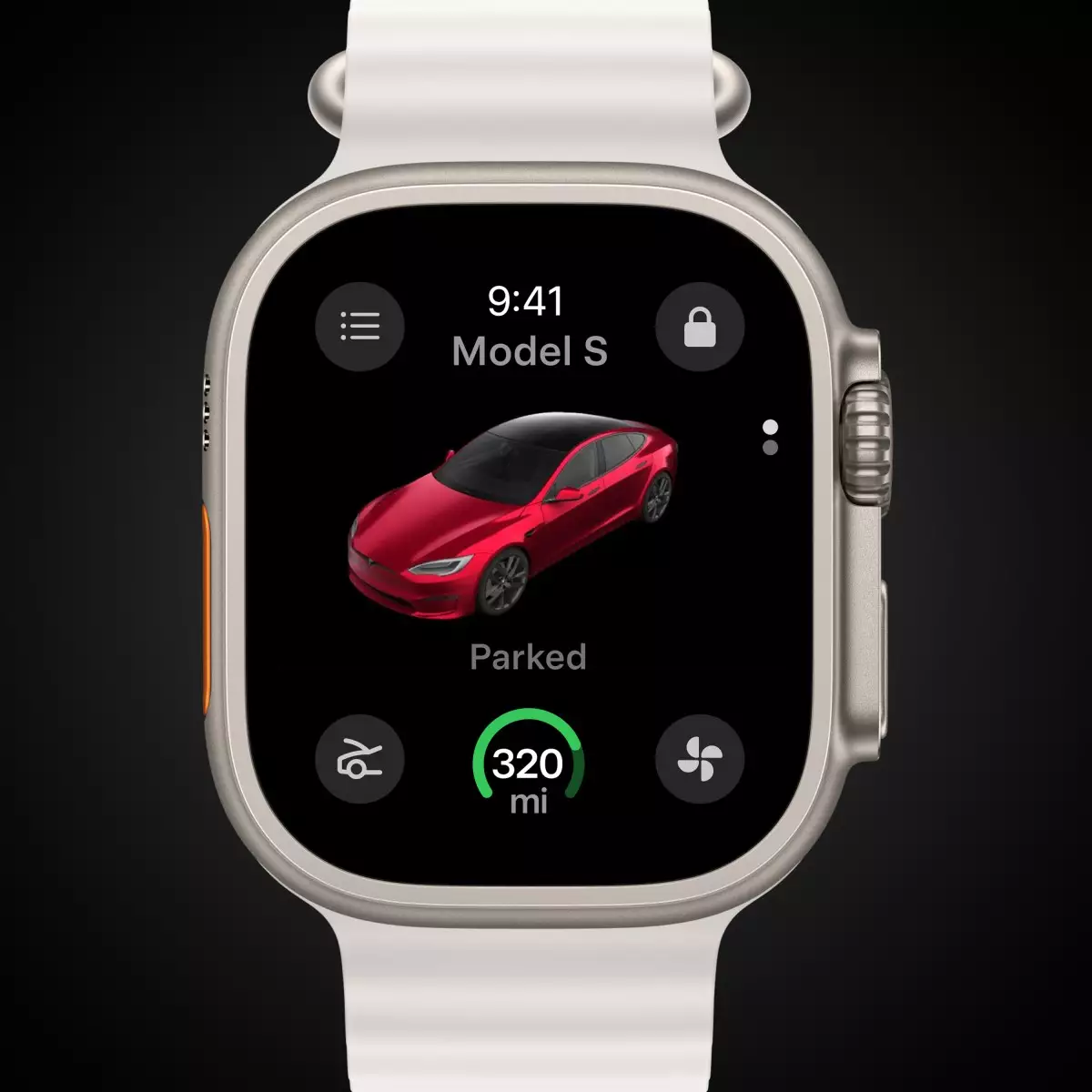In an unsettling turn of events, Dan Ives, an analyst at Wedbush Securities, recently issued a stark warning regarding the financial health of two of the most influential tech giants: Apple and Tesla. The catalyst for this grim prognosis? The far-reaching tariffs implemented by former President Trump, which are poised to wreak havoc on businesses heavily dependent on international supply chains. Ives lamented the potential for a “tariff economic Armageddon,” a phrase that suggests an impending crisis for companies like Apple, which relies excessively on its operations in China. With an astonishing 90% of its iPhones produced in the region, Apple stands at the brink of a financial crisis, reaffirming Ives’ assertion that no other U.S. tech company will suffer as severely from these tariffs.
Adjustments in Valuation: Apple Takes a Hit
Due to the turbulent forecasts, Wednesday brought disappointing news for investors as Ives revised his price target for Apple stock, slashing it by $75 to a disheartening $250 per share. This dramatic adjustment reflects the intricate web of challenges Apple faces amid tariffs that threaten to upend its traditional business model. The market responded instantaneously, with shares plunging by 4.3%, leaving them trading around $180. The ripple effects of this financial turbulence extend beyond mere numbers on a trading screen; the repercussions could diminish consumer trust and brand equity, altering Apple’s reputation as a safe and innovative choice for tech enthusiasts.
Tesla’s Double Whammy: Tariffs and Image Struggles
Ives didn’t stop with Apple. His assessment of Tesla was equally sobering. The analyst lowered Tesla’s price target from $550 to $315, still noticeably higher than its current trading price but echoing warnings about the implications of tariffs intertwined with CEO Elon Musk’s political affiliations. Musk’s visibility and influence in politics—particularly his association with Trump—have invited scrutiny and painted Tesla as a contentious symbol in a politically charged landscape. As political divisions deepen, Tesla’s struggle for market dominance has become a reflection of broader societal debates, potentially jeopardizing sales both domestically and in competitive foreign markets like China, where local brands such as BYD could easily capitalize on consumer discontent.
The Call for Leadership in Uncertain Times
Ives urged Musk to step up and recognize the urgent need for leadership during a time of chaos. This essential call to action underscores a crucial point: business success transcends just balancing the books; it also involves fostering positive public relations and maintaining consumer loyalty. Tesla has inadvertently become more than an electric car manufacturer; it is now embroiled in the political drama that permeates its brand identity. The need for a more diplomatic approach cannot be overstated, especially as global consumers gauge company ethos alongside product quality.
As the turbulent winds of economic uncertainty blow through their core operations, both Apple and Tesla appear to navigate a precarious path laden with challenges. Their ability to adapt, respond, and even redefine themselves in this evolving landscape could determine their future in an increasingly complex global economy.

